Eggs on a Griddle: Tips and Tricks for Perfect Eggs

When you think of the word griddle, does the electric, non-stick variety come to mind?
Those pale in comparison to the original griddle - a cast iron, flat-surfaced version that can be used on the stovetop or grill. These are the ultimate tool for searing meats, cooking vegetables, and plenty of other dishes while lasting virtually forever.
If you're an avid camper it's handy to learn how to cook eggs on a griddle, as they're an easy, delicious, and nutritious breakfast (or lunch, or dinner...) that can be made with only a few inexpensive ingredients!
Here is a great guide for learning how to fry eggs on a flat top, how to make an omelet on a griddle, and find out what temperature you need to serve up perfect eggs, every time.
Why eat eggs?
They're inexpensive. At under $2 a dozen, they're a cheap source of protein compared to meat or fish.
They're full of important vitamins. They contain several B vitamins, including B12, B2, and B5 as well as vitamin A, selenium, and small amounts of almost every vitamin and mineral required by the body. Eggs also have choline, which is a nutrient responsible for lowering the risk of heart disease, liver disease, and neurological disease and disorders.
They contain good cholesterol. Eggs contain HDL (high-density lipoproteins), also known as 'good' cholesterol, and lowers your LDL (low-density lipoproteins) levels. LDL are the dangerous, heart disease-causing proteins.
They contain 21 amino acids. These are the building blocks of our bodies. 9 of them cannot be produced naturally in our bodies and need to be ingested through our diet. Eggs have been given a perfect score of 100 for being an ideal source of protein from a health perspective.
Checking for freshness
Before you get started cooking your eggs, you want to ensure that you're working with a fresh set of eggs to avoid getting sick or eating rotten eggs.
There are 2 tests to check eggs for freshness.
- Fill a bowl or glass with water. Place the uncooked egg in the water, and if it sinks it's still quite fresh. If it stands upright, it's getting a little old but still okay. If it floats, don't eat it. It is rotten.
- Shake the egg - if it doesn't make a noise, it is fresh. If it rattles, the egg is rotten.
Can you cook eggs on a griddle?
Yes! Cast iron griddles are an excellent choice for cooking all types of eggs.
What makes a griddle ideal for cooking eggs?
- For one, griddles have an even and constant cooking temperature across their surface. This makes it easy to consistently get the cooking time just right.
- They also provide a flat surface that makes it easy to master the dreaded egg flip - maybe even the double egg flip!
- The non-stick surface of cast iron makes it ideal for the delicate texture of an egg, which can easily stick and tear/break if the surface of the pan is too rough.
- You can cover the griddle easily with seasonings to add some spice while cooking eggs on a flat top.
- Griddles have a wide surface area, which makes them ideal for cooking large quantities of eggs at once - it's excellent for a big family breakfast when you want everyone's food to be ready at the same time.
- You can use metal utensils on cast iron because it doesn't have a Teflon non-stick surface that can be damaged by metal.
How to cook eggs on a griddle - a few ways
When it comes to cooking eggs on a griddle, the possibilities are endless. Before we get into the methods to make a few different egg dishes we should first talk about cooking oils and temperatures.
The best oils with eggs
There are several types of oil that make a fantastic addition to the flavor of your eggs.
- Butter - It's not technically an oil but it adds a rich, creamy flavor.
- Coconut Oil - A delicious, nutty oil that is full of healthy fatty acids. Especially delicious with a sweet dish, like french toast.
- Avocado Oil - Another oil full of healthy fats, that adds a fruity element to the dish.
- Flaxseed Oil - It's pretty flavorless, so good to use when you don't want to interrupt the delicate flavors of your dish.
Temperature for cooking eggs
Eggs are a delicate food that easily burn. Many egg dishes have a very fine line between undercooked and overcooked, so keeping an even cooking temperature can help you to avoid turning your over-easy eggs into over-hard eggs.
You will want to cook your eggs on the griddle over low-medium heat. If you're using a stovetop, we recommend setting the burner slightly below medium heat.
The griddle temp for eggs should be 250°F - 325°F to easily monitor the doneness with less risk of overcooking.
The best tools for cooking eggs
We've already told you why the cast iron griddle is the king for cooking eggs. What else do you need to cook eggs?
A large, offset stainless steel spatula is the best choice for eggs as the large surface area makes it easy to pick up the egg and flip it without the egg sliding off of the end. This prevents yolk breakage, which is especially important for eggs over easy or medium.
You will want a stainless steel whisk and a small to medium-sized stainless steel bowl for mixing scrambled eggs or omelets.
An egg ring is handy for making round, uniform cooked eggs used for breakfast sandwiches. They can be put directly on the griddle, and easy to clean afterward.
Sunny-side up
- Preheat the griddle to medium heat and oil.
- Crack your egg(s) directly on the griddle and let cook for 5-7 min.
- Gently check to the whites to ensure they have solidified, and remove from the heat.
Eggs over easy
- Preheat the griddle to medium heat and oil.
- Crack your eggs directly on the griddle.
- Add salt, pepper, and any extra spices you'd like while the egg is still raw.
- Cook for 5 min on the first side. When the whites have solidified, gently slide your spatula under the egg and turn it over slowly with minimal lifting off of the pan. This helps to avoid breaking the yolk.
- Cook the other side for 1 min, and remove from the heat.
Eggs over medium
- Repeat the steps for eggs over easy, but cook on the second side for 2 min.
Eggs over hard
- Repeat the steps for eggs over easy, but cook on the second side for 3 min.
Scrambled eggs
- Preheat the griddle to medium heat.
- Crack 2 eggs (or more) into a bowl. Add 2 Tbsp of water or milk, and any salt, pepper, or spices to taste.
- Whisk the mixture until fully combined.
- Oil the griddle and pour the scrambled eggs on the griddle.
- As the eggs set, drag your spatula along the bottom of the griddle in long, smooth strokes to create the egg curds.
- Cook until the eggs look slightly wet still - you don't want them to be too wet but if you cook until no liquid remains, they tend to get too dry.
- Remove from the heat and enjoy.
Omelets
- Preheat the griddle to medium heat.
- Crack 2 eggs (or more) into a bowl. Add 2 tbsp. water or milk, and salt, pepper, and spices to taste.
- Whisk the mixture until fully combined.
- Cut any veggies, herbs, and meat you want to include. Grated cheese is a great addition too.
- Pour the egg batter on to the griddle. As the egg cooks, lift up the sides of the egg to allow the liquid to run underneath.
- When the egg is almost cooked, add your cheese, meat, or veggies.
- Fold the omelet in half and take off the heat.
Great omelet recipes
Here are a few delicious combinations to add in to your omelet:
- Chopped ham, onion, and gouda.
- Tomato, spinach, chopped parsley, and cheddar.
- Sliced mushroom and swiss cheese.
- Roasted potatoes and gruyere.
- Avocado, sliced tomato, and feta.
Final thoughts on cooking eggs on a griddle
We hope you've enjoyed our tips on how to properly cook eggs on a griddle. Once you invest in a solid cast iron griddle, the possibilities are not only endless with eggs, but with beef, chicken, vegetables, sandwiches, and more.
If you already have a griddle and want to really fine-tune your cooking skills with it check out this guide to Cooking on a Griddle.
Want more recipe ideas? Get this FREE Cast Iron Griddle recipe e-book:
1 Response
Leave a comment
Comments will be approved before showing up.
Also in Recipes
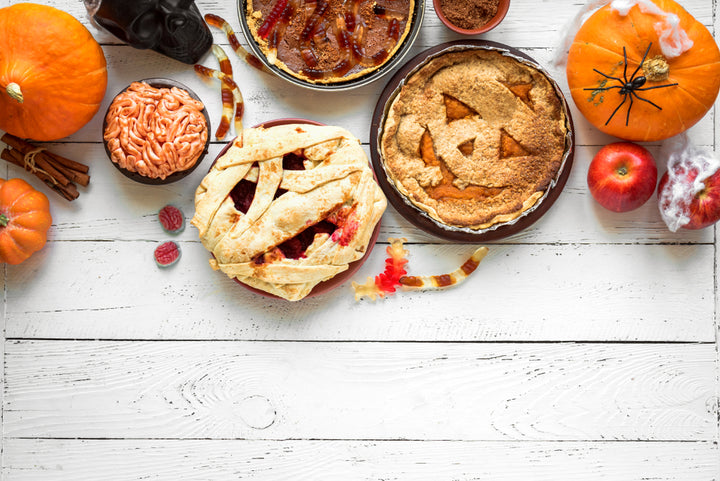

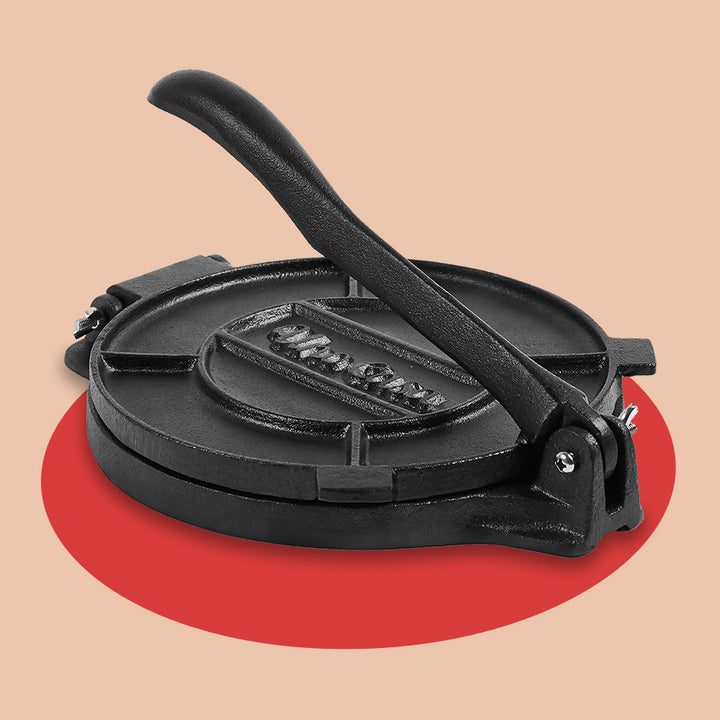
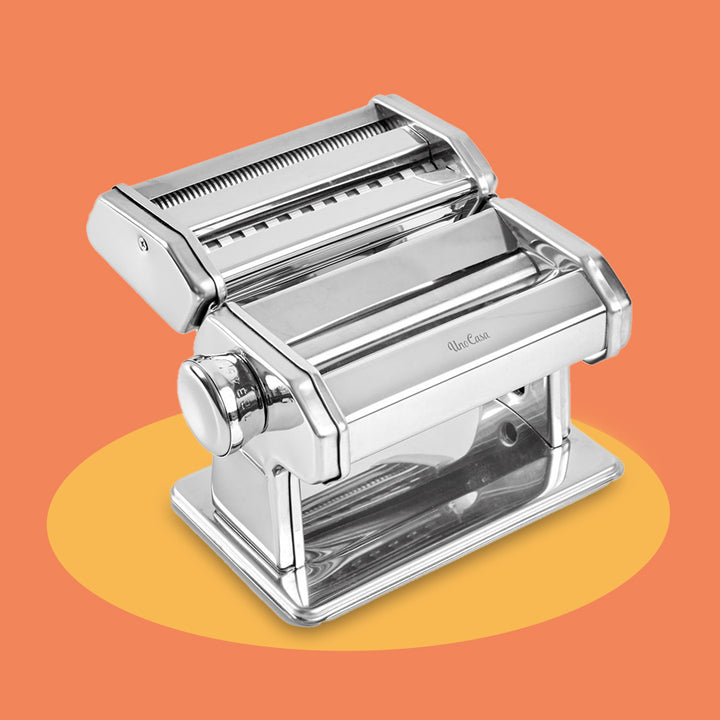
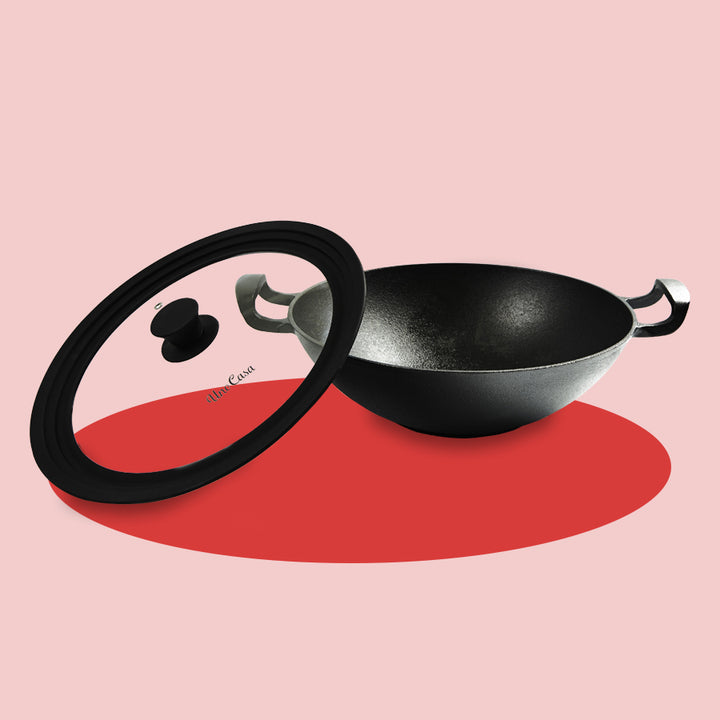
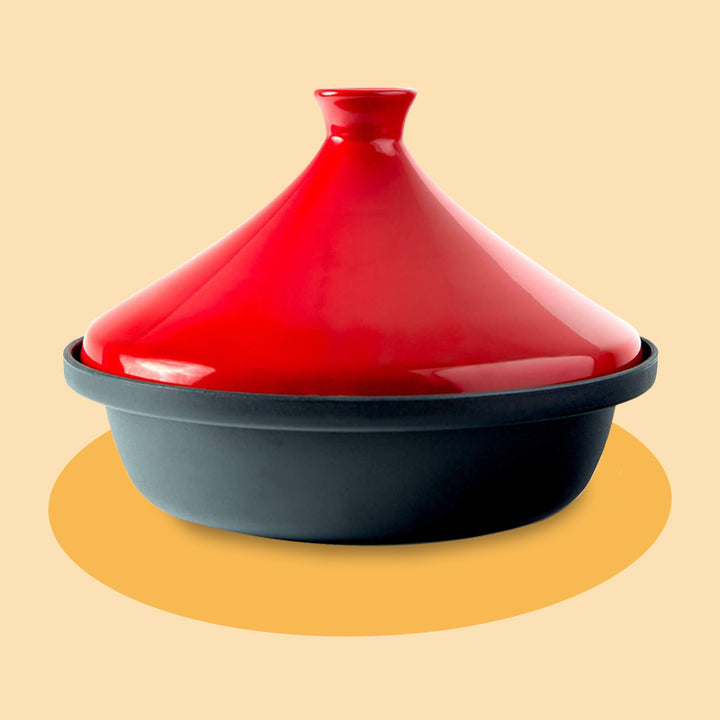
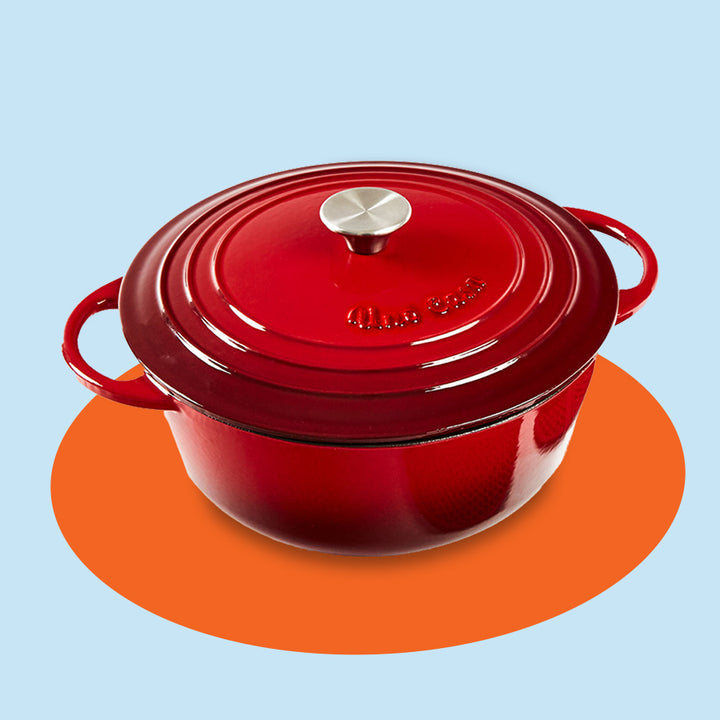
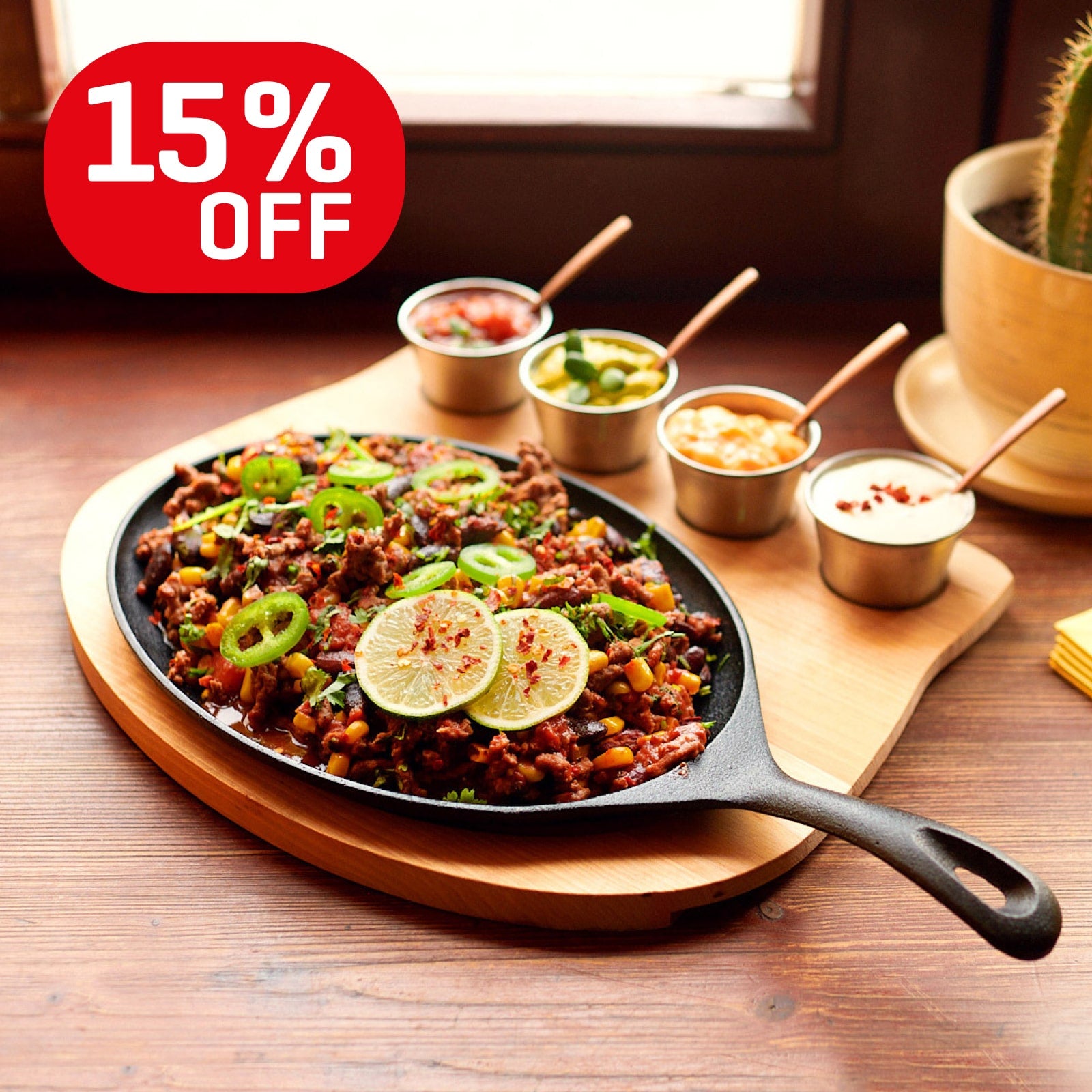
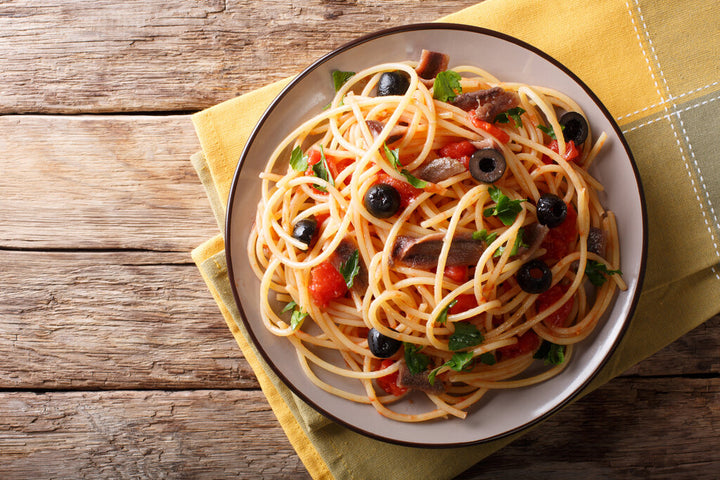
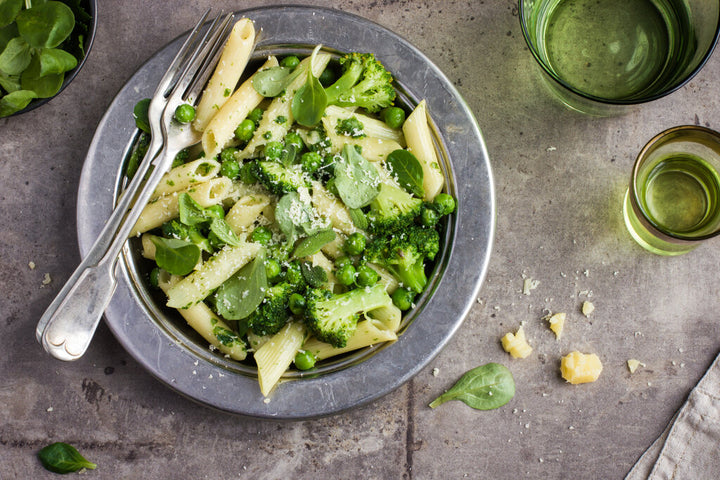
Johnny Sears
May 19, 2021
Waiting to learn